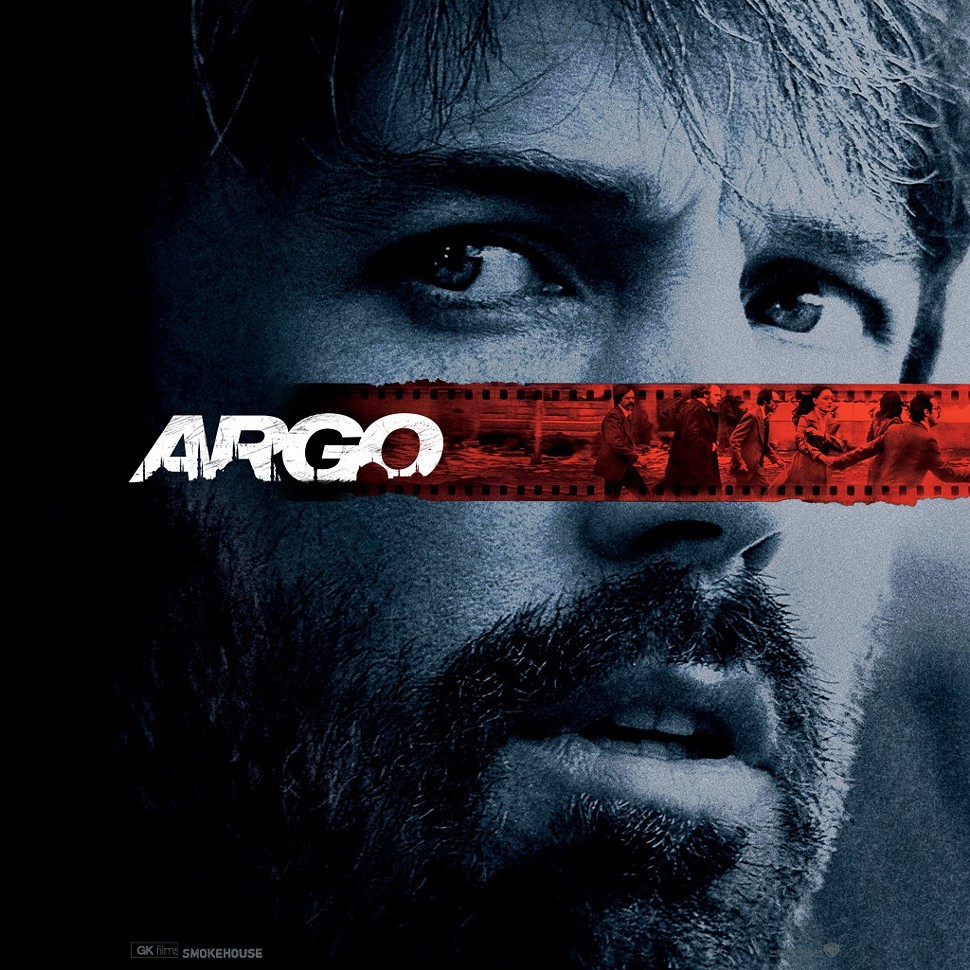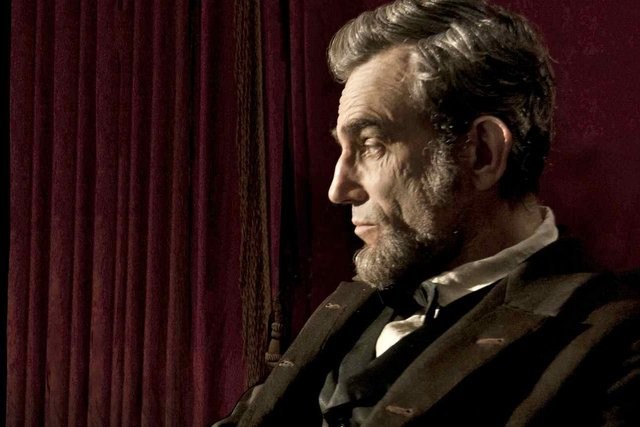According to various reports, the government of Iran is considering suing Hollywood over the movie “Argo.”
No surprise there. These days everyone’s a fact checker, and news stories, blogs, books, movies, and famous authors are all fair game.
The Iran and Argo story was reported recently in the CBS News and Huffington Post among others. That car-chases-plane scene at the end was pretty over-the-top, got to admit, but you would think Iran would have bigger things to worry about.
Earlier this year, a congressman from Connecticut pointed out inaccuracies in “Lincoln” about the vote for 13th Amendment. Joe Courtney spotted something strange in the movie’s depiction of the landmark vote. He found out that the Connecticut congressmen depicted in the film — and two more who weren’t portrayed — were for, not against, passage of the amendment.
“How could congressmen from Connecticut — a state that supported President Lincoln and lost thousands of her sons fighting against slavery on the Union side of the Civil War — have been on the wrong side of history?” Courtney wrote in a letter to the movie studio DreamWorks.
Former journalist Bill Steigerwald has written a good book about John Steinbeck called “Dogging Steinbeck” in which he exhaustively fact checks the eminent author’s 1960 road trip (which Steigerwald duplicated) with his French poodle that was the subject of the book “Travels With Charley.” Turns out Steinbeck made up some interviews and other stuff.
Not all errors are intentional. Last week a Memphis publication put the Front Street Deli at the corner of Front and Main, which are parallel streets. The deli is at Front and Union. The error was corrected.
There but for the grace of God go I, I thought. I have become convinced that sometimes reporters simply cannot catch their own errors no matter how much they proofread. I once reported that a living person was dead, and I have misspelled many a name I should know. A friend, also from the North, topped me though. He interviewed a sheriff in North Carolina and reported that he had a degree in “farms and bums.” A sharp-eyed editor took note, and it turned out the sheriff said “firearms and bombs.”
Flyer stories in the paper are read by the author and three other people before they are published. Blog posts go online without a second set of eyes looking at them. Comments, of course, are often anonymous and sometimes full of bogus statements of “fact” that get recycled even if they are corrected.
Plagiarism and factual errors are only going to get worse as daily and weekly newspapers and magazines like “Time” fight for their lives in the digital age and reporters and bloggers publish without a net. Whatever you think of them, old media put a lot of effort into editing stories and fact-checking.
Are you willing to cut Hollywood some slack but do you still want the facts right in your news? Be prepared to pay someone, some way, somehow.



